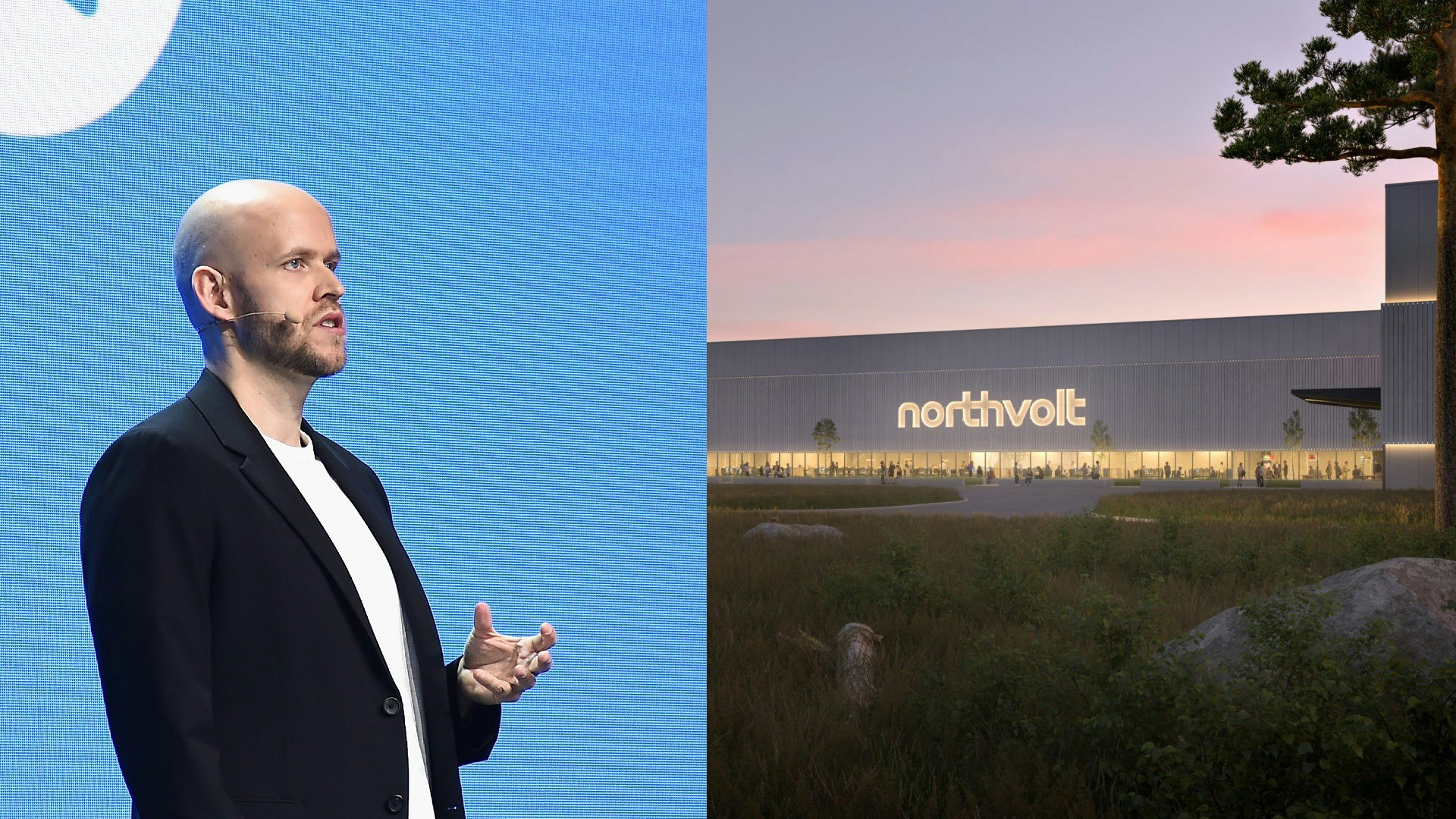Soon we’ll all be picking up the phone and talking to a robot, without even realising it.
One startup, Dasha AI, which is focused on reimagining call centre operations, claims that we’re already reaching that stage.
90% of people speaking to Dasha’s AI can’t tell it apart from a human, the company says, and it can already pass a limited Turing Test, meaning that if you don't know you’re going to be interacting with an AI you won’t notice.
What we're doing at the moment is basically a foundation for this future.
Those behind Dasha see huge potential for the technology. “This is not a new industry, but what we're doing is a new category,” says Vladislav Chernyshov, Dasha’s cofounder and chief executive.
“There are a lot of people who underestimate the amount of disruption that is coming,” he adds.
Say Hello
Conversational AI, which would allow the automation of virtually any business process that is accomplished with voice, is an ambitious endeavour. “This technology should be advanced enough, but at the same time simple enough in order to move massive adoption,” says Chernyshov.
However, getting that right could open up huge markets. The call centre market is worth over $1tn a year, with Chernyshov putting that number at $2.6tn, including inbound and outgoing calls. “This is the payroll budget companies all over the world spend on call centres, and that’s not including receptionists and other business processes,” he says.
At the same time, when it comes to call centres, the global pandemic has added to operational challenges, where staff turnover was already high, with an attrition rate of between 30–45% according to some estimates. Automation could help to reduce stress and work overload for call centre employees, improving the quality of customer experience and better enabling the scaling of operations.
"In a post-Covid world AI will take off repetitive tasks, allowing human agents to focus on really complex cases that require creativity," says Chernyshov.
And it’s not just about updating call centres, he adds. It’s also about voice assistance, being able to add a conversational AI voice to any website, mobile app or device that has a speaker/mic.
"The market is essentially huge… We believe that by the end of this decade probably close to 90% of all business communications around the world will be automated on the human level.”

A robotic future
AI has come on leaps and bounds in recent years, but the key challenge facing companies like Dasha that are looking to create conversational AI is making the interactions feel natural and human-like.
This includes mimicking some of the idiosyncrasies of natural human speech — like the uhms and ahs — as well as other mannerisms that can quickly differentiate a human from a machine. Many of these are subconscious, like the length of pauses between people speaking, right down to the hundred milliseconds, that would sound jarring if missed. “Those things are actually pretty much essential,” says Chernyshov.
At the same time, the AI must be able to conduct a deep, multi-level conversation, he adds. “It shouldn't be something like Alexa, because Alexa has no clue what it's talking about.”
Chernyshov claims that Dasha’s “superior” AI and speech recognition software gives it an edge. As well as its developer team, which includes PhD candidates and a doctor of science.
Early setback
Dasha’s journey began in late 2016, and after building a prototype the cofounders applied to Y Combinator, flying out to Silicon Valley in May 2017 for an interview. They ultimately failed to get in, but the blow was softened by Dasha signing its first customer, a dentist practice in San Francisco, the following day. “They were using Dasha for automating appointments. This is how it all started,” says Chernyshov.
Business has grown rapidly since then, with the company’s technology having been used in more than 33 million minutes of conversation since January 2017. The startup is headquartered in New York, but has the majority of its engineering team in Europe.
Dasha claims that through its application programming interface (API) companies can set up a conversational AI on its platform in minutes or hours, instead of days or months. The fact that Dasha operates as a software-as-a-Service platform, with Microsoft as a technological partner, also helps the speed of adoption and proliferation.
Even so, Chernyshov is at pains to point out that the goal isn’t automation for the sake of cost cutting, but rather to free up staff to focus on more complex and meaningful tasks.
Blocking robocalls
As conversational AI improves and proliferates there is, of course, a risk that our airwaves will be overloaded by robocalls, telemarketers and scammers, as the technology makes it increasingly easy and cheap to spam telephone numbers en masse. In response, Dasha has created what it describes as a robocall protection app.
The app, which is still in beta mode, isn’t about blocking a call when it detects a robotic voice, because you could be blocking important calls like doctor appointments, but is “more about understanding what the conversation is about and making a thoughtful decision about whether to transfer the call or not,” says Chernyshov.
He adds that they aren’t currently investing a lot into the technology, but will if they see enough demand for it.

Series A and beyond
Dasha raised a $2m seed round last year, and over the next 12 months is targeting a Series A round, while also looking to double its workforce of 50 engineers. And while the company is currently focused exclusively on English, the platform is largely language agnostic with the company planning to add new languages following its funding round, likely starting with Spanish and Mandarin Chinese.
This is not a new industry, but what we're doing is a new category.
Beta for developers
The startup also aims to publicly launch what it describes as the MVP of its platform for developers within the next year. “We hope to start seeing applications built on top of the platform that are actually thriving. Developers building new exciting products,” using conversational AI, says Chernyshov.
“I think we're just starting,” he adds. “What we're doing at the moment is basically a foundation for this future.”
Dasha is launching in private beta soon, and Sifted readers can grab an invite here.
At Microsoft Central and Eastern Europe, our vision is to help the region advance as digital hotspot, by enabling local entrepreneurs and businesses to innovate and scale globally. The Microsoft for Startups programme is part of that vision, partnering with B2B startups in the region to provide technology and business support and help them realise their ambitions for growth.



